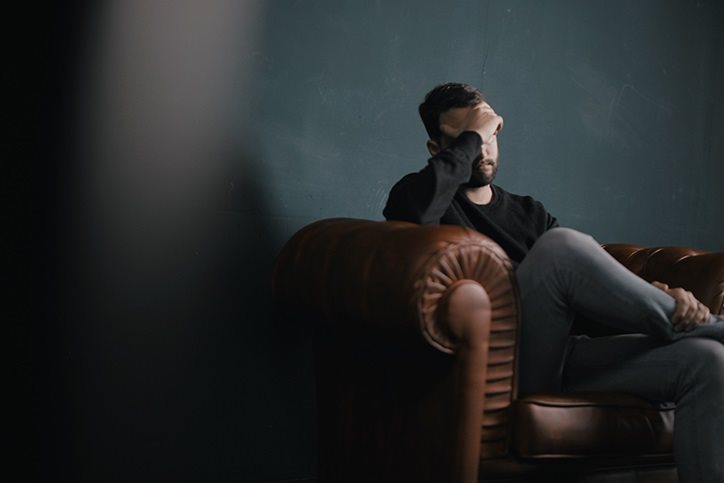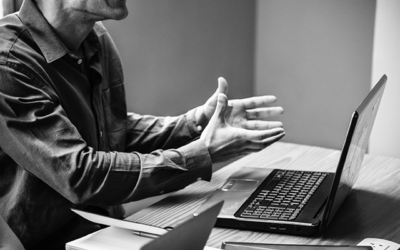After more than a year of the COVID-19 pandemic, you’re probably in information overload. But since it has impacted a lot of people’s mental health — in some cases leading to burnout, we want to make sure that you’re doing okay.
Per Asana’s Anatomy of Work 2021 Report, 71% of workers experienced burnout in 2020. The report also found that 18% of workers said their mental health is poor or very poor, a large jump from the previously found 5%. Additionally, 42% of those surveyed ranked their stress levels as either high or very high.
Since funeral directors already had demanding jobs before the pandemic, we want to make sure you have the self-care resources you need. Below, we’ll define burnout and share some tips for preventing or recovering from it.
Keep in mind that this is a generalized informational article. Consult with a medical professional for any questions or concerns.
What Exactly Is Burnout?
According to HelpGuide, “burnout is a state of emotional, physical, and mental exhaustion caused by excessive and prolonged stress.” And per Mayo Clinic, people who work in a “helping profession” like funeral directors have a greater chance of experiencing it. In other words, burnout is when your stress has escalated to the point of feeling hopeless instead of hopeful. As a result, you may lose sight of why you were called to the funeral profession in the first place.
HelpGuide notes several symptoms of burnout, such as:
- Constantly being tired
- Getting headaches and other body aches more often
- Experiencing self-doubt
- Lack of motivation
- Feeling trapped and alone
To see all the symptoms, check out HelpGuide’s article.
What Are Some Specific Causes of Burnout?
Now that you know the basic definition of burnout and some symptoms, you’re probably wondering what some more specific causes are.
According to Dr. Sahar Yousef, these are the top three causes:
- Having too much work on your plate.
- Not having a healthy work/life balance.
- Not having a clear direction on your tasks and/or role.
Funeral directors have likely experienced all three of these things at some point in their career — especially during the COVID-19 pandemic. As you wear many hats, don’t work the typical 9-to-5 job, and the pandemic has made you change up the way you would normally operate.
But just because you’re feeling burned out doesn’t mean that it will stay that way forever! By making changes to your daily routine, you can prevent or recover from it.
How Funeral Directors Can Prevent Burnout or Recover from It
If you have too much on your plate, see if you can delegate any tasks to your coworkers. It may help to have everyone list their responsibilities, so you can see who may be able to take more on. You also should reevaluate your tasks to make sure they’re still necessary. Then, prioritize them by their importance.
To improve your work/life balance, take breaks when you need them. We’ve said it before, and we’ll say it again: you can’t take care of your client families if you don’t take care of yourself. Try going for a walk or reading a chapter in a book. With funeral directors not having a typical work schedule and having to work remotely more, taking breaks for self-care is extremely important.
To make sure your funeral home’s employees understand their role and tasks, create clear job descriptions. You also should let them know how their tasks contribute to your funeral home’s overall goals. In terms of pandemic-related changes, you should document that protocol, as well, so everyone is on the same page. By having everything laid out, it can relieve your employees’ stress.
Download our self-care eBook for more tips on managing your stress and taking care of yourself.





0 Comments